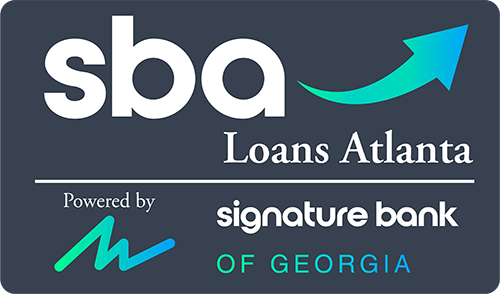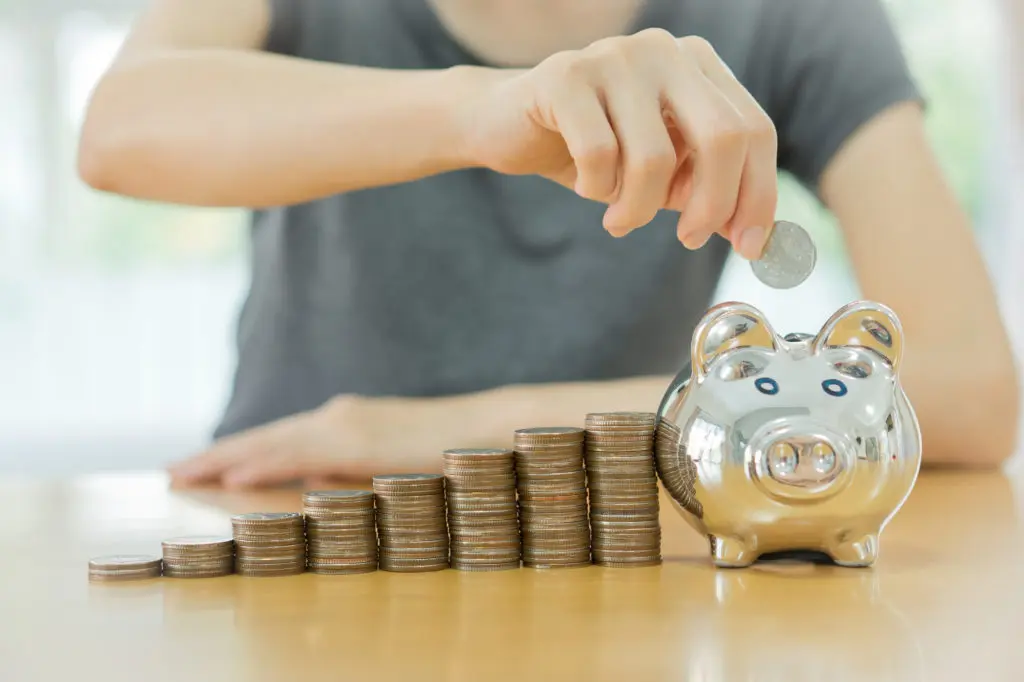Thousands of people in the US suffered from depleted savings accounts due to the pandemic.
COVID-19 had a major impact on lives all around the world. Many people were restricted from seeing their loved ones, going to work, or leaving their homes. No one was prepared for the struggles presented by the pandemic.
Even though vaccines are rolling out and things are opening up again, the economic impact of the virus is still visible. It’s been difficult for many families to regain their financial footing.
We’re here to help by providing some financial planning best practices. Use our ideas and strategies to survive the economic fluctuations caused by COVID-19.
Eliminate Extra Spending
All personal financial planning guides advise people to cut down on extra spending. Many people try to tell you that buying an extra latte per week is going to put you in the hole. Eliminating extra spending requires more diligence than dodging your local coffee shop.
Monitor your spending for a week while tracking all of your purchases, no matter how big or small. Write down all of the entertainment subscriptions you pay, what you typically spend at the grocery store, and the cost of your daily transportation methods.
Take time to review this list. Decide what steps you can take to make major positive shifts for your bank account.
Diversify Your Sources of Income
The same financial worries during COVID-19 will exist during other emergencies as well, whether those be personal or global. Prepare yourself now by diversifying your sources of income.
You might be thinking this is a crazy idea if you’re already slammed with a full-time job. While it’s harder to add extra sources of income while working full-time, it’s possible with creative thinking!
Think about what you do for your job. Are you an accountant? Do you work at a beauty counter in the mall?
Use your skills to take on a few personal clients. Show people how to better manage their bookkeeping, or book a couple of wedding makeup looks during the weekends.
Rent out a spare room in your home for tourists, or learn about investing money. Turn a small crafting hobby into a successful online shop.
Build an Emergency Savings Fund
One of the best financial tips to implement is building an emergency savings fund. Rome wasn’t built in one night, and you may not be able to build up your savings quickly either. But even a small step is a step in the right direction.
Promise yourself to place a few dollars from every bank deposit you receive into your savings fund. Some people may decide to place 10% of their paycheck into a savings fund while others pledge at least $100 per month.
No matter what, something is better than nothing! You’ll have some extra emergency cash to use in case another lockdown happens or you’re short on electricity money.
Remember, once you put the money in the account, you can’t take it back out unless it’s an emergency.
Explore Low-Cost Hobbies and Habits
Some people have said they found their daily money management during COVID was a tad easier than before. Because many businesses were closed, they found themselves saving money by cooking at home and finding simple hobbies to pass the time.
A night out on the town is fun, but looking at your bank statements the next morning can be a shock. Explore low-cost hobbies to pass your time instead of shopping or dining out with friends.
Head to the local store to buy cheap paint and canvas, or pick a new recipe to try with your partner. Cut down on gas by riding your bike to the grocery store. Not only will you save money by doing these things, but you’ll also experience more of the simple joys in life.
Pay Off Debt
You may not automatically think that spending money is saving you money. When learning how to manage your personal financial planning, paying off debt will save you tons of money in the long run.
Not paying off debt quickly builds interest and ruins your credit score. You could be wracking up late fees without even knowing it. Save yourself from future financial trouble by paying off owed money, starting with high-interest debt.
Work with a financial advisor if you’re unsure about how to pay off debt. Check with your local community center about any low-cost financial coaches or free courses they offer.
Don’t Be Afraid to Ask for Help
Rebuilding our finances sometimes takes longer than expected. It’s okay to ask for help when you need it.
If you’re able to, turn to a trusted family member or a friend for a small loan. Use the loan to pay off a utility bill or credit card. Vow to return the money in small payments.
You can also chat with your local religious organization or non-profit about grants they offer to help out with food, housing, utilities, and transportation. Ask your local bank if they know of any local or state grant programs.
Find local food banks, clothing drives, or philanthropy groups that offer help to low-income families, single mothers, etc. Establishing connections with sources of financial aid will keep you supported.
Recovering from COVID-19: Financial Planning
Recovering after any emergency is difficult, but the global spread of COVID-19 has brought upon many serious cases of financial trouble that we haven’t seen before. With careful financial planning, rebuilding your finances after the pandemic is possible.
Evaluate your budget to eliminate extra spending, and invest in low-cost hobbies and habits. Pay off debt and build an emergency savings account now to save yourself in the future.
Signature Bank of Georgia makes banking and financial planning easy. Check out our site for helpful products and services or contact us to discuss our available services. Apply now to open a deposit account.


